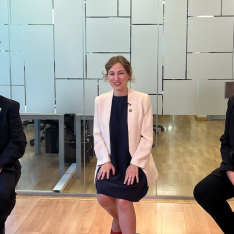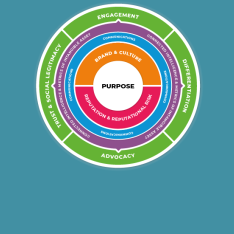
News
30 september, 2024Reputation and Corporate Communication: Key Intangibles in Business Management
Sorry, no results were found. Try it again!

News
30 september, 2024Reputation and Corporate Communication: Key Intangibles in Business Management


Página
of 1